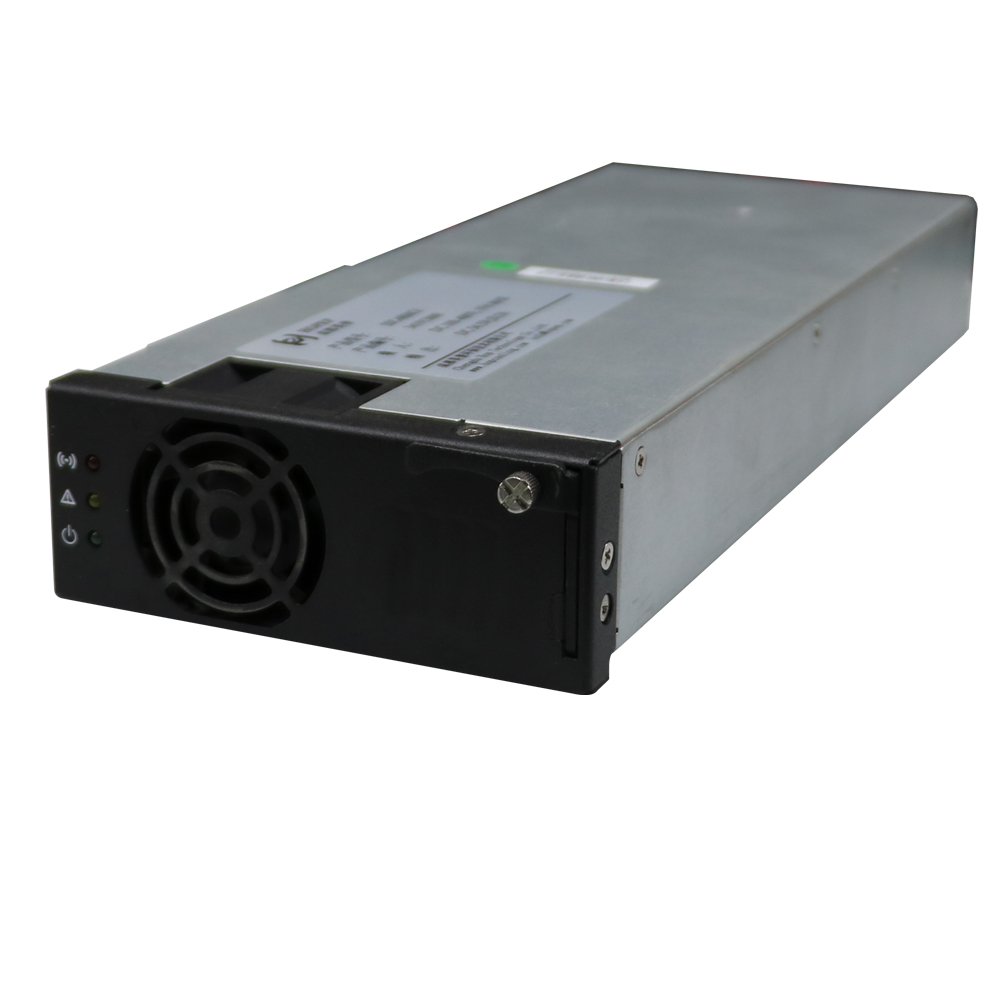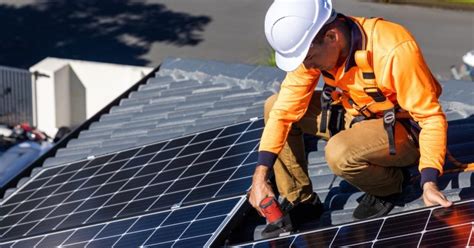The integration of solar panel electric car charger solutions has become a significant development in the realm of renewable energy and sustainable transportation. As the world shifts towards cleaner and more environmentally friendly alternatives, the synergy between solar energy and electric vehicles (EVs) presents a promising pathway. This innovative approach not only reduces our reliance on fossil fuels but also mitigates the carbon footprint associated with both energy generation and transportation. In this context, understanding the mechanics, benefits, and potential of solar panel electric car chargers is crucial for those looking to embrace a more sustainable future.
Key Points
- Solar panel electric car chargers offer a renewable energy source for EVs, reducing dependence on the grid and lowering carbon emissions.
- The cost of solar panels has decreased significantly, making solar-powered EV charging more economically viable.
- Technological advancements in solar panels and charging systems have improved efficiency and charging speeds.
- Integration with energy storage systems can optimize energy usage and provide a backup during periods of low sunlight.
- Policy incentives and tax credits in many regions encourage the adoption of solar-powered EV charging solutions.
How Solar Panel Electric Car Chargers Work

Solar panel electric car chargers operate by converting sunlight into electrical energy through photovoltaic (PV) cells. This energy is then used to charge electric vehicles, either directly or through an energy storage system like a battery. The process begins with the installation of solar panels, which are typically mounted on a roof or a ground-mounted rack. The solar panels generate DC power, which is then converted to AC power by an inverter, making it compatible with the electrical grid and the EV’s charging system. For those with energy storage systems, excess energy generated during the day can be stored in batteries for later use, ensuring a stable and reliable charging source even during periods of low sunlight or at night.
Benefits of Solar Panel Electric Car Chargers
The benefits of integrating solar panels with electric car chargers are multifaceted. Firstly, it offers a clean and renewable source of energy, significantly reducing the carbon footprint associated with both energy production and vehicle operation. Secondly, it can lead to substantial savings on energy costs over time, as the energy generated by the sun is essentially free after the initial investment in the solar panel system. Additionally, the use of solar power can reduce strain on the electrical grid, especially during peak hours, by providing an alternative energy source. This approach also supports energy independence, as individuals and businesses can generate their own energy for their transportation needs.
| Category | Data |
|---|---|
| Average Cost Savings per Year | $400-$700 |
| CO2 Emissions Reduction per Year | 2-4 tons |
| Average Payback Period for Solar Panel Investment | 5-7 years |

Challenges and Future Directions

Despite the advantages, there are challenges associated with solar panel electric car chargers, including the initial investment cost, the variability of solar energy due to weather conditions, and the need for significant space for the solar panels. However, technological advancements and economies of scale are continually addressing these challenges. The future of solar-powered EV charging looks promising, with ongoing research focused on improving the efficiency of solar panels, developing more advanced energy storage systems, and integrating EV charging infrastructure with smart grid technologies to optimize energy distribution and usage.
Policy and Incentives
Many governments and organizations offer incentives for the adoption of solar panel electric car chargers, including tax credits, rebates, and low-interest loans. These incentives not only make the initial investment more feasible but also encourage the widespread adoption of renewable energy solutions for transportation. As policies continue to evolve in support of sustainable energy and transportation, the economic and environmental benefits of solar panel electric car chargers are expected to become even more pronounced.
How much does a solar panel electric car charger cost?
+The cost of a solar panel electric car charger can vary widely depending on the size of the solar panel system, the efficiency of the panels, and the type of charging equipment used. On average, a system capable of charging an electric vehicle can cost between $10,000 to $30,000 or more, before incentives.
Can I charge my electric car with solar panels if I don't have a lot of sunlight?
+Yes, you can still charge your electric car with solar panels even if you don't have a lot of sunlight. However, the charging time may be longer, and you might consider investing in a battery storage system to store excess energy generated during sunny periods for use during less sunny times or at night.
How long does it take to charge an electric car with solar panels?
+The time it takes to charge an electric car with solar panels depends on the size of the solar panel system, the efficiency of the panels, the capacity of the car's battery, and the amount of sunlight the panels receive. Generally, a fully charged electric car can take anywhere from a few hours to a full day to charge, assuming average sunlight conditions.
In conclusion, solar panel electric car chargers represent a significant step forward in the quest for sustainable energy solutions, combining the benefits of renewable energy with the efficiency of electric vehicles. As technology continues to evolve and costs decrease, the potential for widespread adoption and the positive impact on the environment will only continue to grow. For those considering making the switch to a more sustainable transportation option, understanding the intricacies and benefits of solar panel electric car chargers is an essential part of the journey towards a cleaner, greener future.



